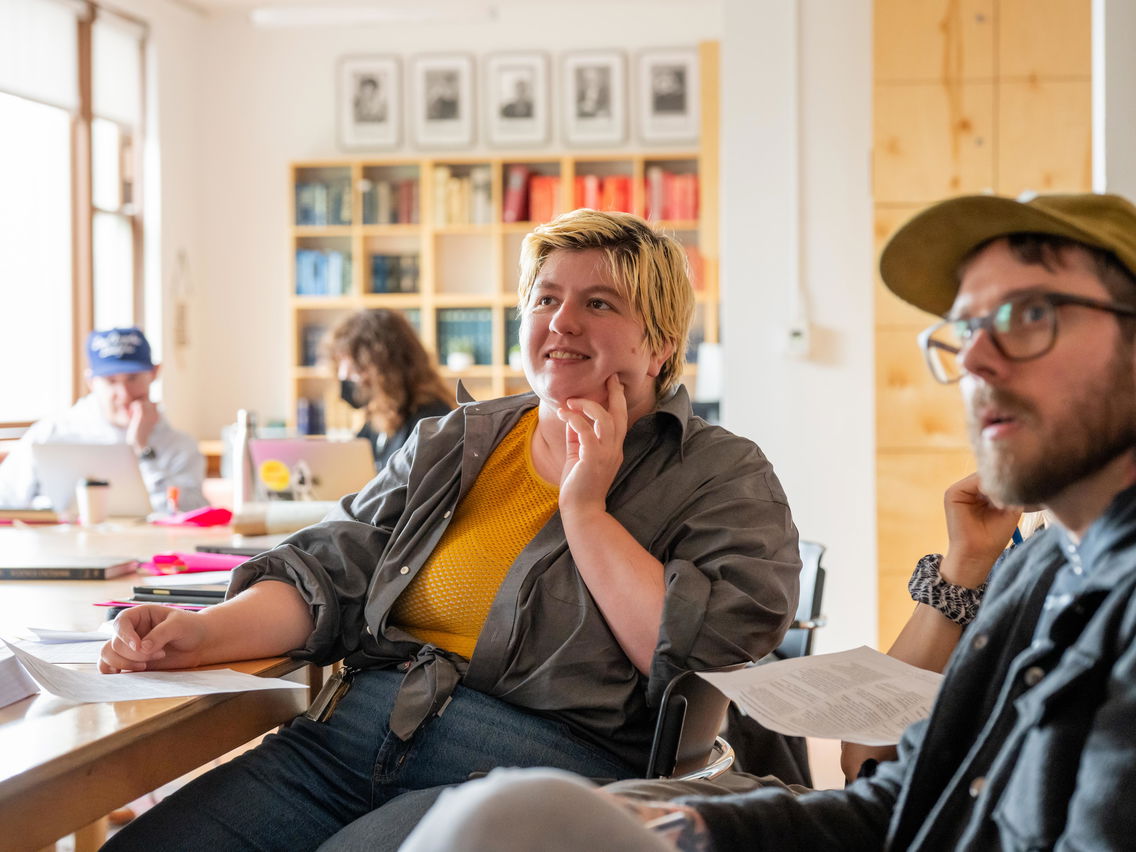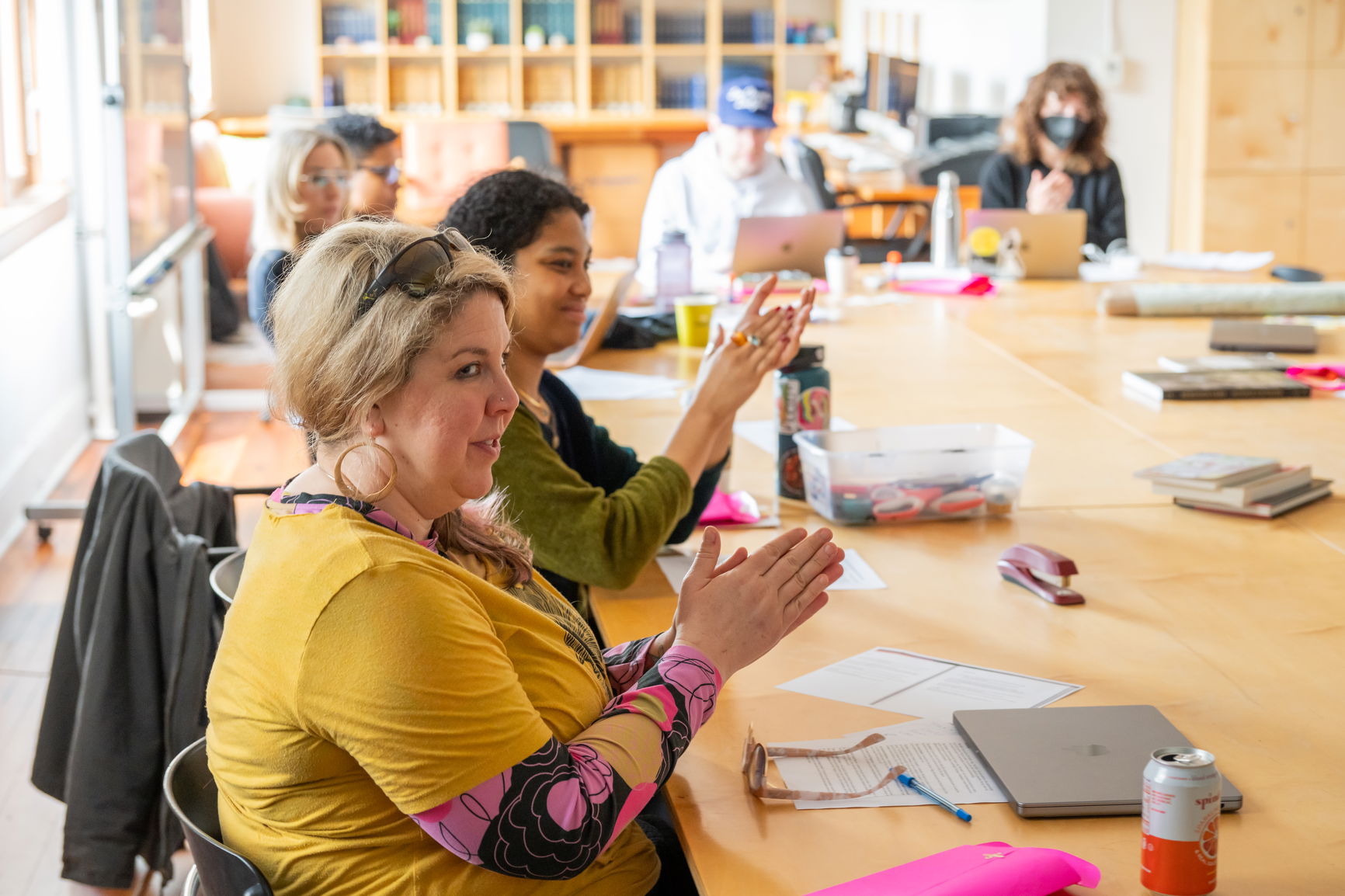Ashley Hollan
Ashley Hollan, a visiting assistant professor in the Art Department at Elon University, holds multiple degrees, including a master of fine arts in Visual Studies from the Pacific Northwest College of Art. She has owned a law firm focusing on entertainment law and criminal defense, worked with Live Nation, and currently provides freelance consulting for creative and legal projects. She has notable nonprofit and leadership contributions including awards from the American Bar Association.





